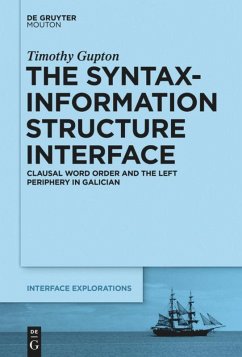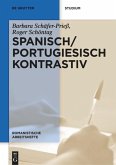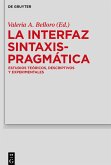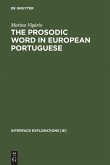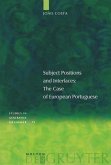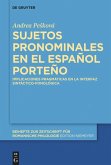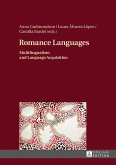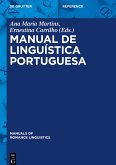It is quite remarkable that, after over a half-century of generative grammar, there is still uncertainty with respect to the analysis of preverbal subjects in a number of languages. According to canonical analyses, preverbal subjects are arguments (A-elements). However, following non-canonical analyses, preverbal subjects are not arguments, but rather A'-elements that behave like topical preverbal direct and indirect objects, which have received a CLLD analysis in the literature (e.g. Cinque 1990). The implications of this debate are far-reaching for generative theory: if preverbal subjects are non-arguments, one must question the universality of the EPP (as in e.g. Alexiadou & Agnostopoulou 1998), as well as its associated features and feature-strengths.
Galician is an underdocumented Romance language within the generative paradigm. In this book, I develop an experimental program for establishing clausal word order preferences for a number of information structure contexts. The preference data suggest that preverbal subjects behave like canonical elements, and not CLLD elements. These results inform the model of the preverbal field that I propose for Galician, which also takes into account the enclisis-proclisis divide and reco.
Galician is an underdocumented Romance language within the generative paradigm. In this book, I develop an experimental program for establishing clausal word order preferences for a number of information structure contexts. The preference data suggest that preverbal subjects behave like canonical elements, and not CLLD elements. These results inform the model of the preverbal field that I propose for Galician, which also takes into account the enclisis-proclisis divide and reco.

